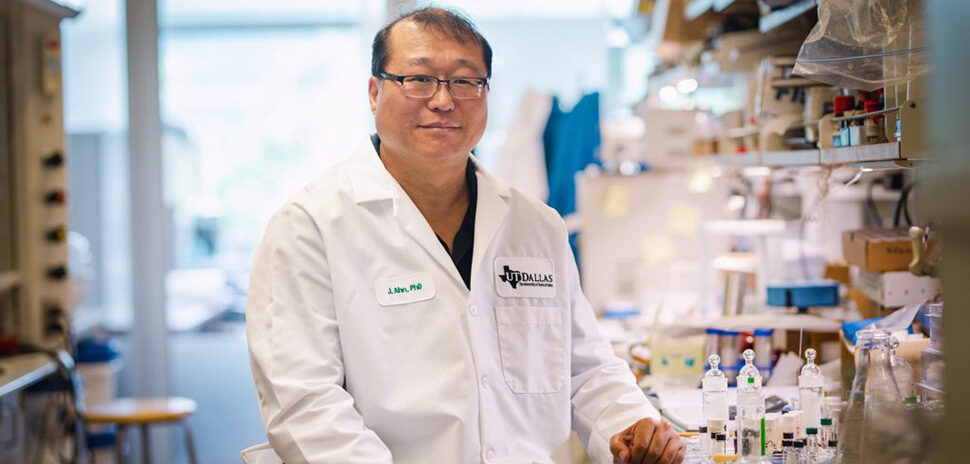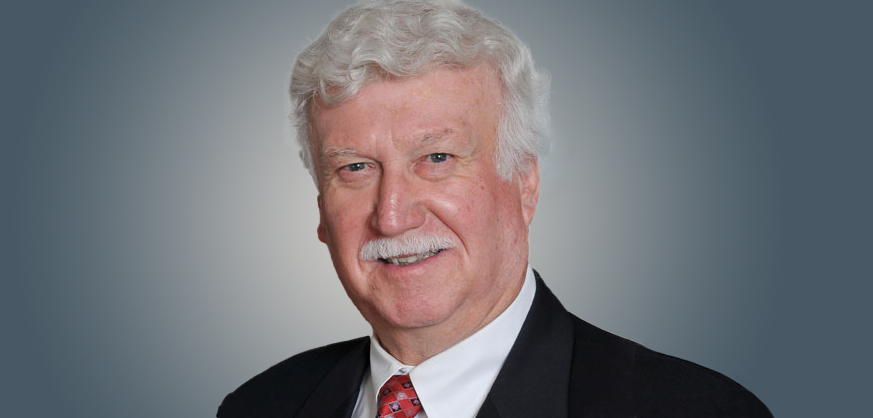
[Image: ARMMY PICCA/iStockphoto]
The United States Patent and Trademark Office has announced the new Cancer Moonshot Expedited Examination Pilot Program, in an effort to accelerate innovation in the health and medical fields.
Beginning on Feb. 1, the program expedites examination for a broad scope of technologies to prevent cancer and cancer mortality, in support of President Joe Biden’s Cancer Moonshot.
“Innovation in the field of cancer prevention and treatment is how we will accomplish President Biden’s goal of reducing the cancer mortality rate by at least 50% within 25 years through the renewed Cancer Moonshot initiative,” Kathi Vidal, under secretary of commerce for intellectual property and director of the USPTO, said in a statement. “The USPTO is excited to offer this new, expansive pilot program to help accelerate the patenting of key technology to bring those solutions to market and end cancer once and for all.”
The USPTO said that patent applications related to the qualifying technologies will be advanced out of turn for examination and will be reviewed earlier. The program is scheduled to run until either Jan.31, 2025, or the date by which the USPTO accepts a total of 1,000 grantable petitions, whichever is earlier.
The agency said that the new program replaces the USPTO’s Cancer Immunotherapy Pilot Program, which was first implemented in 2016 and expedited examination for eligible patent applications pertaining to methods of treating a cancer using immunotherapy. That program ends on Jan. 31.

Get on the list.
Dallas Innovates, every day.
Sign up to keep your eye on what’s new and next in Dallas-Fort Worth, every day.
R E A D N E X T
-
The Cancer Prevention & Research Institute of Texas has provided more than $3.1 billion in funding toward the development of cancer-fighting therapeutics, devices, diagnostics, and tools since 2010. It's now issued a call for startups and early-stage companies to apply for product development research grants for the 2023 fiscal year. “CPRIT’s mission is to invest in the research prowess of Texas institutions while expediting breakthroughs in cancer cures and prevention,” CEO Wayne Roberts said last May.
-
Dr. Ahn is working on something very small that may have a profound, lifesaving impact on something hugely dangerous. In collaboration with UTSW Medical Center professor Dr. Ganesh Raj and UTHSC San Antonio's Ratna Vadlamudi, Ahn has created a molecule that can kill an array of cancers, including an aggressive form of breast cancer. The goal of the molecules is to prevent molecular “handshakes” between proteins that can cause out-of-control cell growth that spreads cancer further.
-
The WE initiative launches ahead of Women’s Entrepreneurship Day this Saturday, November 19, and comes on the heels of President Biden’s recent proclamation naming this month as National Entrepreneurship Month. “Unleashing the potential of women entrepreneurs is good for business, good for families, and good for our economy,” the U.S. Secretary of Commerce says.
-
The extended deadline to apply for Fall 2022 is August 15. NPower Texas is the state arm of a national nonprofit offering free tech training to 18- to 26-year-olds and military veterans and spouses. 80% of the program's graduates find full-time jobs or continue their education—with an average salary boost of 384%. In March, philanthropist MacKenzie Scott donated $15 million to NPower, its largest donation ever.
-
Fort Worth-based NanOlogy has completed the enrollment of 18 patients in a Phase 2a trial for its proprietary particle drug delivery with standard-of care therapy in nonoperable lung cancer patients. Lung cancer is the most lethal form of cancer with the highest mortality rate, according to the biotech, which aims to improve the treatment of cancer with its tumor-directed technology. There were an estimated 1.8 million deaths globally and around 2.2 million new cases by the end of 2020 alone, it said, citing GLOBOCAN statistics. Preliminary results are encouraging, the biotech reports. The tech-based particle delivery of the chemotherapy drug—known…
![]()






























